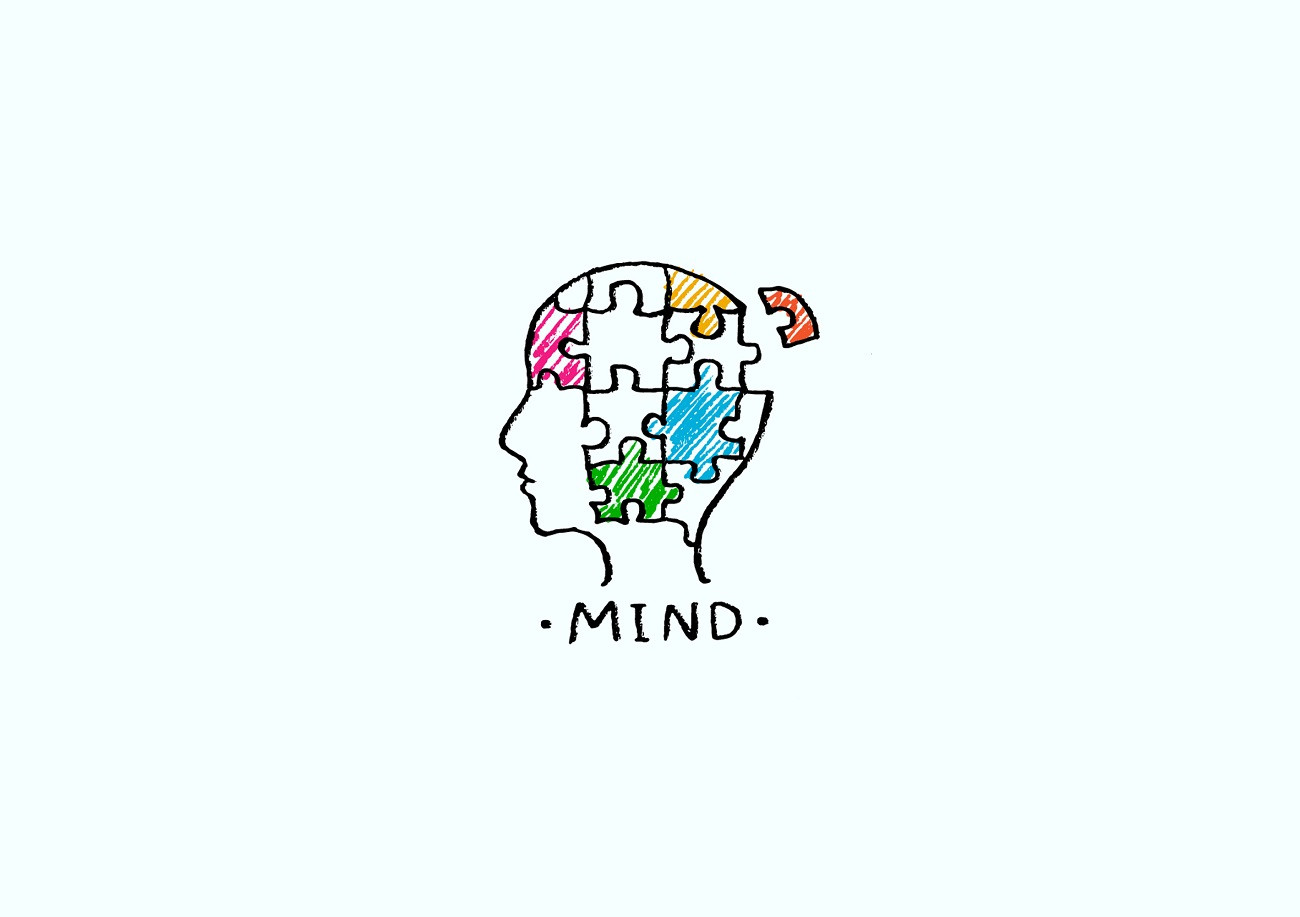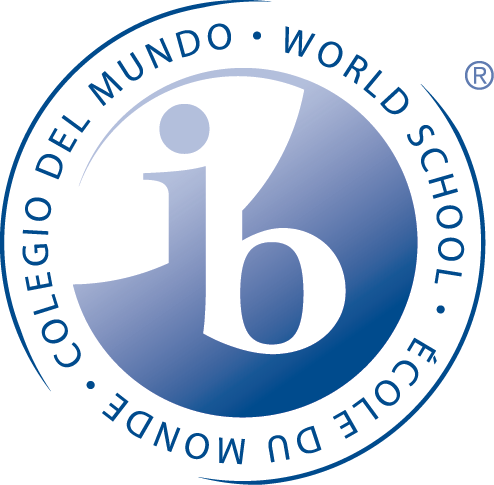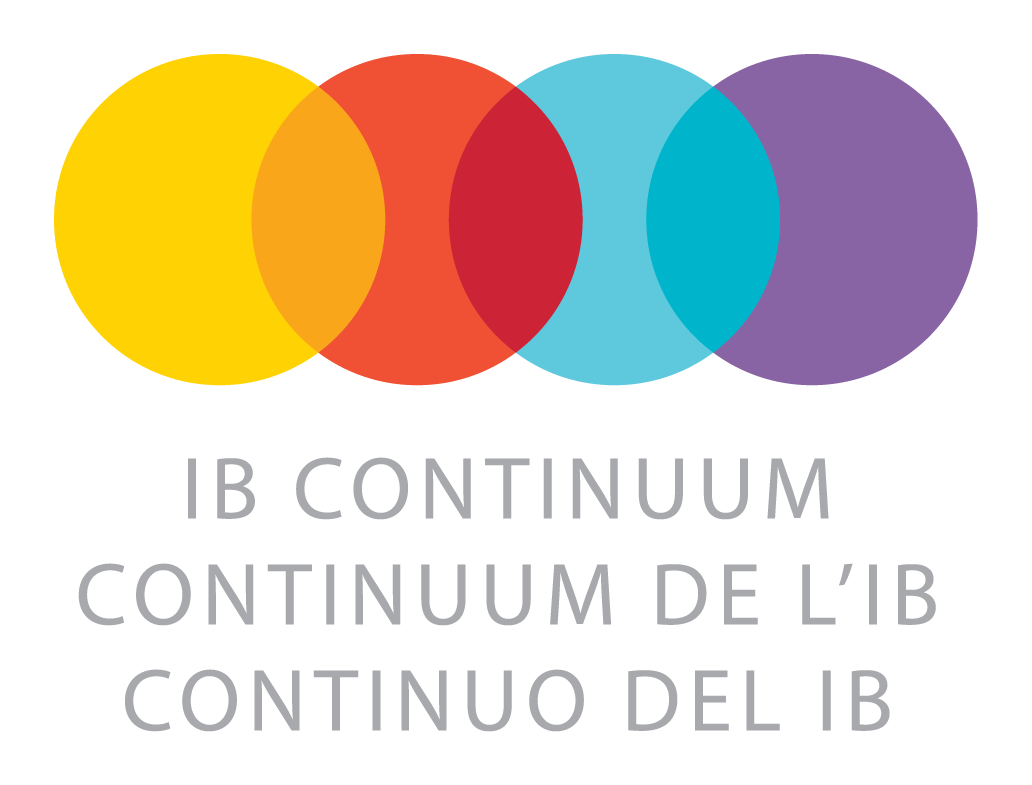IB Psychology (new syllabus-first exams 2019)
Psychology is the systematic study of behavior and mental processes. IB psychology examines the interaction of biological, cognitive and sociocultural influences on human behaviour, thereby adopting an integrative approach. Understanding how psychological knowledge is generated, developed and applied enables students to achieve a greater understanding of themselves and appreciate the diversity of human behaviour. The ethical concerns raised by the methodology and application of psychological research are key considerations in IB psychology.
The aims of the psychology course at SL and HL are to develop an awareness of how psychological research can be applied for the benefit of human beings, ensure that ethical practices are upheld in psychological inquiry, develop an understanding of the biological, cognitive and socio-cultural influences on human behavior, develop an understanding of alternative explanations of behavior and understand and use diverse methods of psychological inquiry. The course includes extensive review and evaluation of research studies and theories / models. Students learn to use critical thinking in evaluating the information that they encounter in published theories and research studies. Methodological and ethical considerations are made and cultural diversity is considered.
Syllabus content: Core
The approaches to behaviour are compulsory for SL and HL students (except for the HL extension, which is for HL students only). The core will be assessed in paper 1 of the external assessment, but it also forms the foundation for teaching and learning in the options.
Biological approach to understanding behaviour
The biological approach to understanding behaviour is largely an investigation into correlations. Do areas of the brain correlate with behaviour? When changes take place in the brain do changes take place in behaviour or is the reverse the case? Could an individual’s behaviour be predicted from their genes? Is human behaviour subject to natural selection?
The biological approach to behaviour looks at:
- the brain and behaviour (SL and HL)
- hormones and behaviour (SL and HL)
- genetics and behaviour (SL and HL)
- the role of animal research in understanding human behavior (HL only).
Cognitive approach to understanding behavior
The cognitive approach to behaviour views human beings as processors of information much in the same way as a computer processes information. The cognitive approach to behaviour focuses on areas of research such as schema processing, memory processing, and thinking, and how cognition may influence behaviour. Researchers are also interested in the extent to which cognitive processes are reliable, for example, in relation to thinking and memory. How cognitive processes may be affected in the modern digitalized world is an emerging field within the cognitive approach to behaviour.
The cognitive approach to understanding behaviour looks at:
- cognitive processing (SL and HL)
- reliability of cognitive processes (SL and HL)
- emotion and cognition (SL and HL)
- cognitive processing in the digital world (HL only).
Sociocultural approach to understanding behavior
The sociocultural approach to behaviour investigates the role of social and cultural influences in shaping thinking and human behaviour. An increasing body of culturally informed research has made cross-cultural psychology as well as cultural psychology a contemporary topic of debate among psychologists working in the field. Theories, concepts and research studies provide the background for a more nuanced understanding of the variety and complexity of human behaviour. This is important in the modern globalized world where issues related to migration and integration are on the rise.
The sociocultural approach to behaviour looks at:
- the individual and the group (SL and HL)
- cultural origins of behaviour and cognition (SL and HL)
- cultural influences on individual attitudes, identity and behaviours (SL and HL)
- the influence of globalization on individual attitudes, identities and behaviour (HL only).
Relevant to all the topics are:
- the contribution of research methods used in the cognitive approach to understanding human behaviour
- ethical considerations in the investigation of the cognitive approach to understanding human behaviour.
Syllabus Content: Approaches to Research
The study of psychology is evidence based and has evolved through a variety of different research approaches, both qualitative and quantitative.
The approaches to research are for both SL and HL students. They are organized to reflect the considerations made when reading or preparing a piece of research. Only HL students will be formally assessed on the approaches to research in paper 3.
Syllabus content: Options
There are four options covering areas of applied psychology:
- abnormal psychology
- developmental psychology
- health psychology
- psychology of human relationships.
SL Students at our school study one option (Health Psychology), while HL students study two options (Health Psychology and Abnormal Psychology).
Whereas the core provides a general overview, the options allow students to study a specialized area of psychology to apply their learning. What is learned in the core forms the foundation for the learning in the options. The options provide the opportunity to integrate learning in an applied context. In addition, the options provide the opportunity to explore the different approaches taken in research and highlight the ethical considerations and sensitivities pertinent to a specific line of inquiry.
The options will be assessed in paper 2. SL students choose one essay, while HL students choose two essays, one from each of the options they have studied.
Abnormal psychology
Abnormal psychology focuses on the diagnosis, explanation, and treatment of abnormal behaviour. The three topics for this option are:
- factors influencing diagnosis
- etiology of abnormal psychology
- treatment of disorders.
In discussing the topics students may look at several disorders or focus on a single disorder. Both are acceptable approaches to the content and have the same potential to score well in assessment. The disorders chosen to explain and develop the topics come from the following categories:
- anxiety disorders
- depressive disorders
- obsessive compulsive disorder
- trauma and stress related disorders
- eating disorders.
Health psychology
Many health issues are the result of lifestyle, either imposed on individuals or chosen by individuals, and often despite well-publicized risks. An understanding of health psychology is important in the development of prevention strategies and fosters a more positive perception of healthy choices. The three topics in this option are:
- determinants of health
- health problems
- promoting health.
In discussing the issues students may look at several health-related phenomena or focus on a single health issue. Both are acceptable approaches to the content and have the same potential to score well in assessment. The topics being studied in this option should come from one or more of the following:
- stress
- addiction
- obesity
- chronic pain
- sexual health.
|
Assessment Outline SL |
|
|
External Assessment (3 hours):
Internal Assessment |
75% 50% 25% 25% |
|
Assessment Outline HL |
|
|
External Assessment (4 hours):
|
80% 40% 20% 20% |
|
Internal Assessment |
20% |
ATL skills are cultivated throughout the Psychology course.
- Communication skills are enhanced through classroom discussions on the relevant psychology topics, as well as through the development of writing skills necessary to respond effectively to the topics and content, and through employing critical reading and understanding of different types of studies.
- Social skills are employed in the teamwork which is required for the completion of an experiment, as well as in the identification and organization of research relevant to the topics and content.
- Self-management skills are built in developing the time management required for constructing written responses within set time frames, as well as in sustaining a consistent effort throughout the course.
- Self-assessment is also promoted in order to identify and reflect upon strengths and weaknesses and to review teacher comments in areas that require improvement.
- Research skills are integral to the course, as they are used consistently for learning to understand research studies, to critically evaluate their methods and ethics, to make comparisons and contrasts and to design a study. Media literacy is promoted as a means of finding sources relevant to the study of psychology.
- Critical thinking skills are fundamental to the efficient study of psychology, as it is a requirement to be able to appraise information and research, consider arguments, analyze theories, apply acquired skills, and deeply examine concepts.






